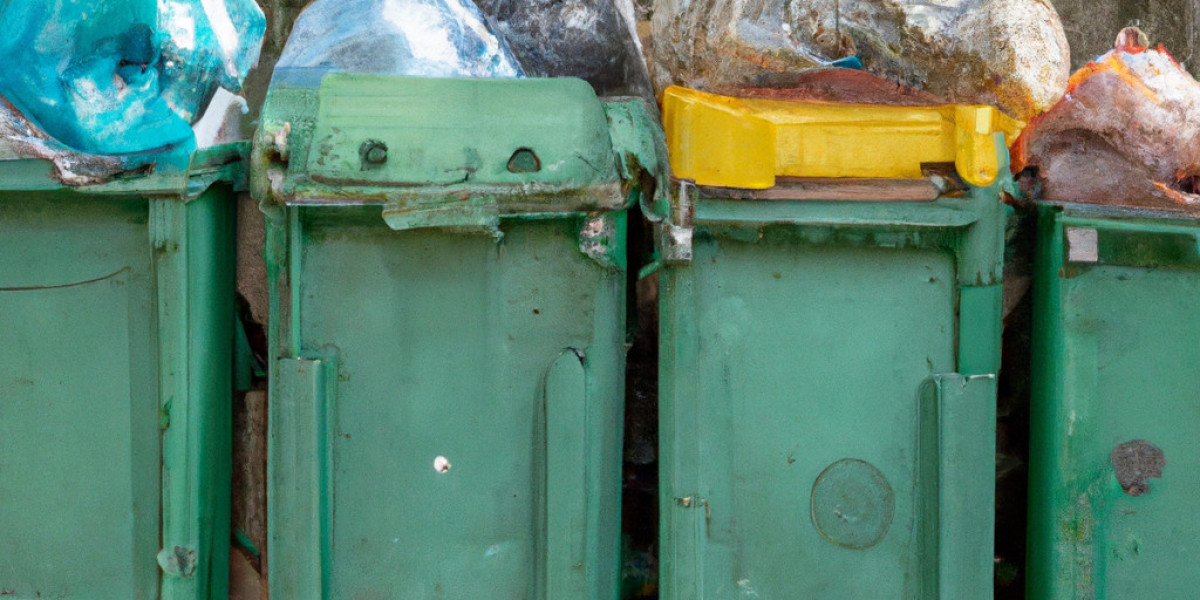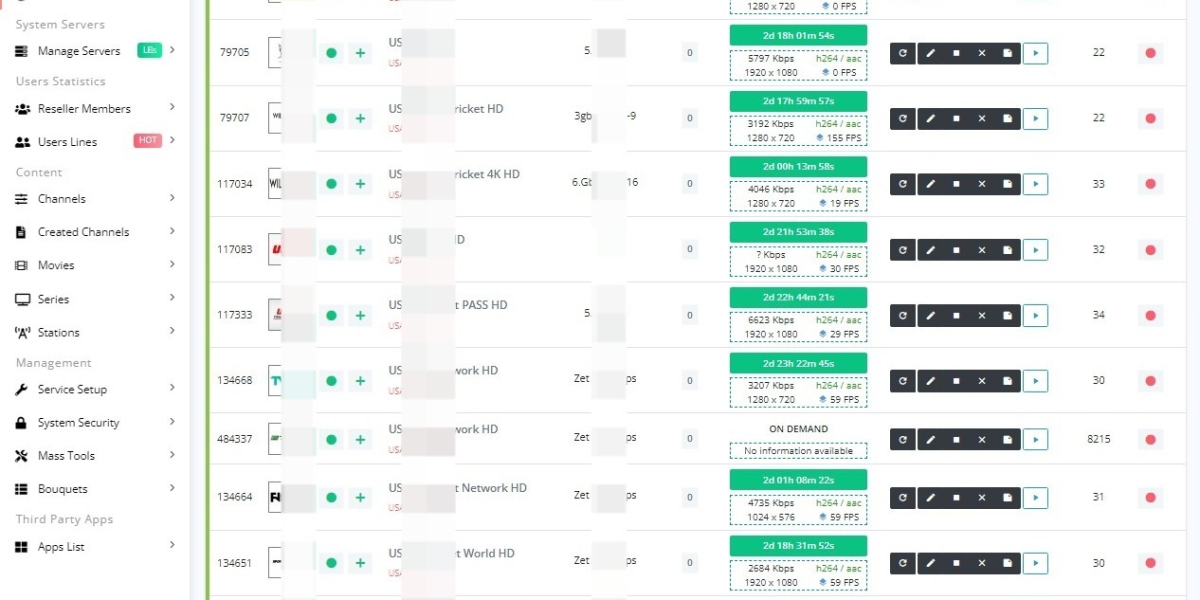The Importance of Segregating Garbage
Garbage segregation is the process of separating different types of waste materials for proper disposal and recycling. It is a crucial step in managing our waste and reducing the environmental impact of our trash. Proper garbage segregation can help minimize pollution, promote recycling, and improve overall waste management practices.
Why is Garbage Segregation Important?
Garbage segregation is important for several reasons. Firstly, it helps reduce the amount of waste that ends up in landfills. By separating organic waste, recyclables, and non-recyclables, we can ensure that each type of waste is disposed of in the appropriate manner. This not only helps prevent overflowing landfills but also reduces the release of harmful gases into the atmosphere.
Secondly, garbage segregation promotes recycling. By separating recyclable materials such as paper, glass, and plastic, we can ensure that these items are sent to recycling facilities rather than being thrown away. Recycling helps conserve resources, reduce energy consumption, and decrease the demand for new raw materials.
Additionally, garbage segregation helps facilitate the proper disposal of hazardous waste. Chemicals, batteries, and other toxic materials should never be mixed with regular household waste. By segregating these items, we can ensure that they are handled safely and disposed of in compliance with environmental regulations.
How to Segregate Garbage
There are several ways to segregate garbage effectively. One common method is to use separate bins for different types of waste. For example, you can have one bin for organic waste, one for recyclables, and one for non-recyclables. Make sure to label each bin clearly to avoid confusion.
Another option is to sort your waste as you dispose of it. When throwing away items, take a moment to separate them into the appropriate categories. This can be done by placing recyclables in a separate bag or container before adding them to the main trash bin.
It's also important to educate yourself and others on what items can be recycled and how to properly dispose of hazardous waste. Many communities have specific guidelines for garbage segregation, so be sure to familiarize yourself with the rules in your area.
The Environmental Benefits of Garbage Segregation
Garbage segregation can have a positive impact on the environment in several ways. By reducing the amount of waste sent to landfills, we can help preserve natural habitats and prevent soil and water contamination. Landfills are a major source of pollution, emitting greenhouse gases and leachate that can harm the environment and public health.
Recycling materials also helps conserve energy and reduce greenhouse gas emissions. For example, recycling aluminum cans saves 95% of the energy required to produce new aluminum from raw materials. Similarly, recycling paper can save trees and reduce air pollution associated with paper production.
Furthermore, proper disposal of hazardous waste is essential for protecting the environment and public health. Hazardous materials can contaminate soil, water, and air if not handled properly. By segregating these items and ensuring they are disposed of safely, we can prevent pollution and environmental damage.
Conclusion
Garbage segregation is a simple yet effective way to reduce waste, promote recycling, and protect the environment. By separating our trash into different categories, we can minimize pollution, conserve resources, and improve overall waste management practices. It's important for individuals, communities, and governments to work together to implement effective garbage segregation methods and make a positive impact on the environment.








